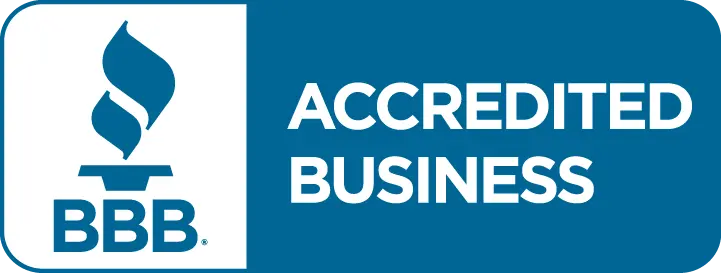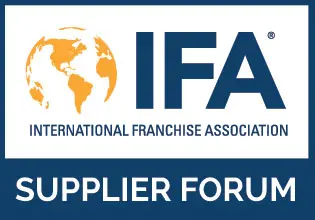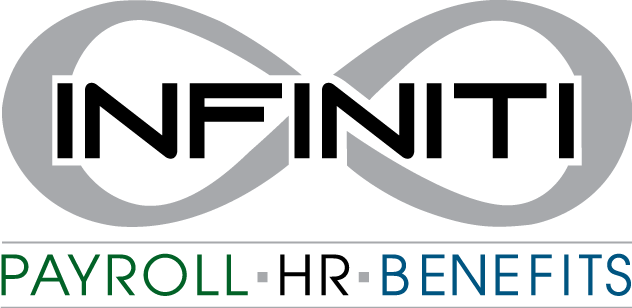Blog
Our blog offers important resources, helpful articles, and practical ideas on the human resources topics that matter to you.
Our blog offers important resources, helpful articles, and practical ideas on the human resources topics that matter to you.
Home / Media / Blog / A Better Year-End Bonus Plan
Selecting a plan that works best for your organization can be challenging. Should I give a holiday bonus or structure a performance based year-end bonus plan? How much? When? To whom? The choices can be daunting.
Bonuses of any type are simply optional rewards or devices to drive morale or performance. There is no legal obligation to provide them. However, done poorly and inconsistently, they can become an unnecessary legal problem. Balancing how a bonus program will reward your best employees while being non-biased and objective in your decisions is key. Asking yourself the right questions as you structure your bonus plans will help you arrive at an effective and answer:
There are significant tax and wage and hour implications to take into consideration when choosing a bonus plan.
Discretionary Bonuses, most commonly referred to as “spot” or “holiday” bonuses, are those bonuses that are not expected and not conditioned upon goal-attainment or performance expectations for individuals. These bonuses serve-up two gifts: a tax deduction for the employer and a lift to employee morale.
These bonuses are best presented as a one-time event to help eliminate assumptions that they will be repeated.
An additional employer consideration is that that Discretionary bonuses may be excluded from overtime pay calculations for those employees covered by the federal Fair Labor Standards Act (FLSA) and state wage & hour regulations as they are not considered part of an employee’s “regular rate of pay”.
Non-Discretionary Bonuses are more closely tied to an employee’s overall compensation plan, and are laid out in detail as a performance based incentive bonus, can be tied to general organizational goal attainment, may be based on anniversaries or other fixed events, or are stipulated as a set bonus payable on a particular date.
The best use of these bonuses are systems that effectively reflect an individual’s impact on the organization’s business goals or results.
Because these are wages that are promised, non-discretionary bonuses must be included when calculating overtime under the FLSA and various state wage & hour laws. Employers needs to be on top of this impact on federal weekly or state daily overtime expenses.
While any type of bonus is sure to put a grin on an employee’s face, the realization of their tax implications may be an unwelcome surprise if you don’t educate your employees on your taxation decisions on these supplemental wages.
First and foremost, all employees and employers are subject to taxes on any type of bonus. This includes federal & state income tax, FICA withholding, calculation of unemployment taxes, consideration in social security maximums and the additional Medicare tax.
If you are paying bonuses near holidays, stop to consider your timing. Will bonuses be best served just prior to the holiday to help with travel or shopping needs? Or will they be a welcome recovery after the fact?
Yet another tax consideration: If you have employee deferred compensation plans or other retirement considerations for your employees, there may be a desire to defer the bonuses payments to future dates to accommodate lower income related tax rates.
If you are locked into non-discretionary, performance based bonus programs, are they best paid in the spring or mid-year so that performance results can be accurately assessed?
Not all organizations can afford bonus programs that do not immediately drive performance results. For those organizations, other types of rewards still show appreciation and motivate employees. Whether you provide paid time off rewards, flexible scheduling, swag or public acknowledgement, you can still take advance of less expensive and traditional methods to bring your staff together.
Click the link to view the recent INFINITI HR blog: How to Onboard Remote Employees and Help Them Feel Part of the Team or check back for more on human resources, payroll, insurance and benefits.
Join the INFINITI HR family! Subscribe to our newsletter and get the latest HR news and tips.
INFINITI HR helps companies reduce costs by managing human resource functions while allowing businesses to focus on their core operations that impact profitability. Our platform provides full regulatory compliance management, on-demand HR guidance, real-time payroll /tax filing, POS integration and access into industry leading True-Group master policies for workers’ compensation, employment practices liability insurance, and other operational business coverages.
Toll free: 866-552-6360






